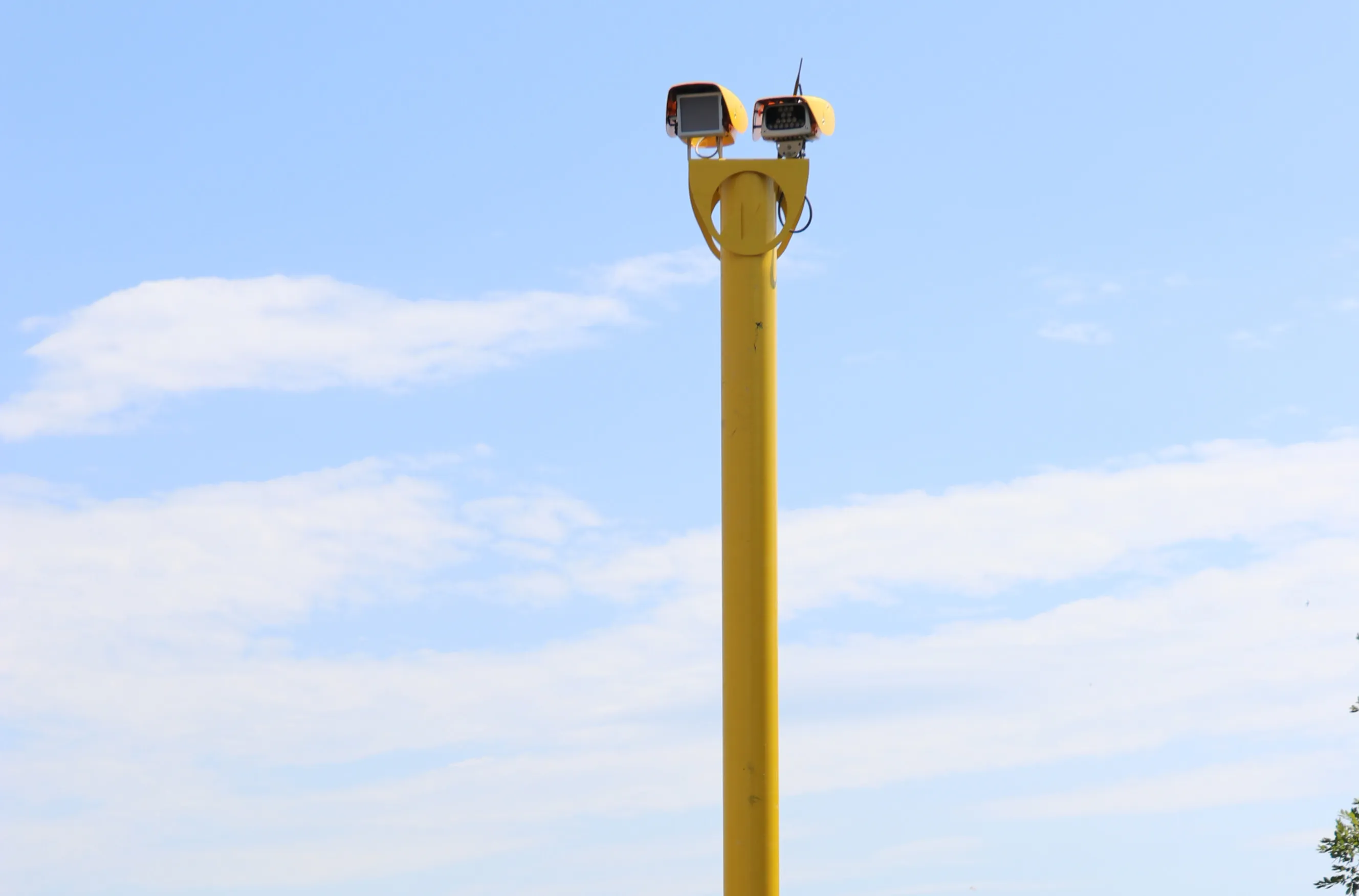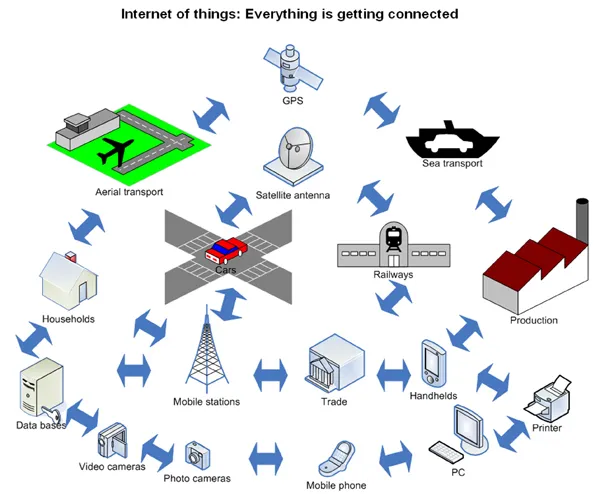APT Skidata is offering a sophisticated long-range Radio Frequency Identification (RFID) tag and reader solution to complement its existing automatic number plate recognition (ANPR) capabilities.
APT Skidata, says that there is a clear need for such technologies in applications where ANPR may not be cost-effective or practical to install and manage. Without the need for the driver to wave or press a card against a reader, the long-range tag is said to be more convenient than other forms of identification/
February 15, 2012
Read time: 2 mins

APT 2226 Skidata is offering a sophisticated long-range Radio Frequency Identification (RFID) tag and reader solution to complement its existing automatic number plate recognition (ANPR) capabilities.
APT Skidata, says that there is a clear need for such technologies in applications where ANPR may not be cost-effective or practical to install and manage. Without the need for the driver to wave or press a card against a reader, the long-range tag is said to be more convenient than other forms of identification/authorisation and greatly speeds traffic flow. The RFID tag is a passive device that is permanently attached to the window of the car. As the car approaches the barrier, the tag is read by the reader from a range of up to 10m, allowing the barrier to open and with an accuracy of almost 100%. The tag can be configured to allow the user access only on particular times or days of the week, and can be integrated with the latest e-ticketing solutions.
APT Skidata, says that there is a clear need for such technologies in applications where ANPR may not be cost-effective or practical to install and manage. Without the need for the driver to wave or press a card against a reader, the long-range tag is said to be more convenient than other forms of identification/authorisation and greatly speeds traffic flow. The RFID tag is a passive device that is permanently attached to the window of the car. As the car approaches the barrier, the tag is read by the reader from a range of up to 10m, allowing the barrier to open and with an accuracy of almost 100%. The tag can be configured to allow the user access only on particular times or days of the week, and can be integrated with the latest e-ticketing solutions.









